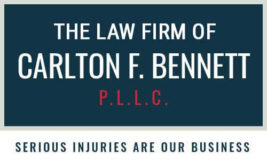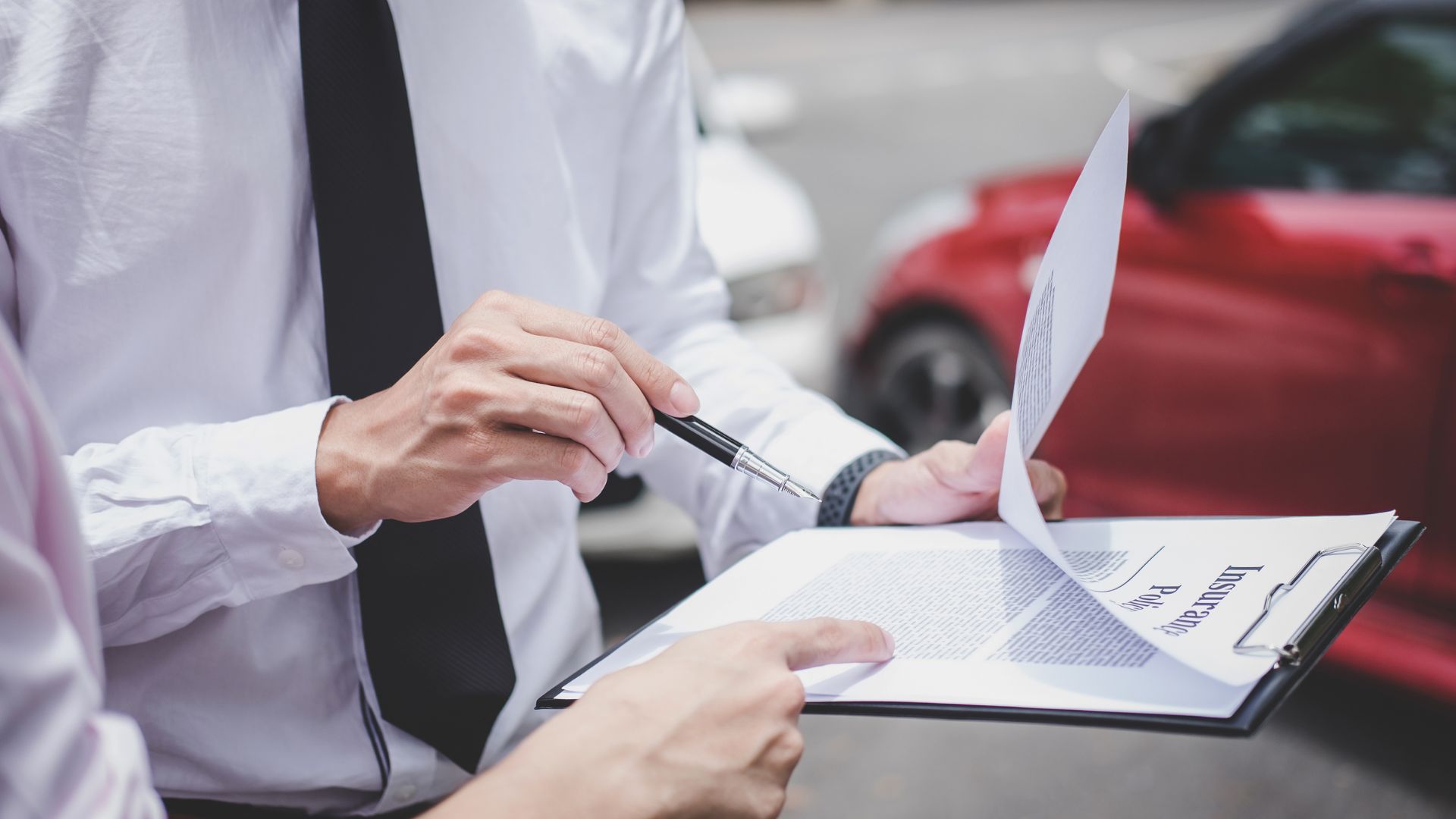 How long after a car accident can you file a police report? This is an important question to consider in the aftermath of an accident. A car accident is a life-changing experience and the moments immediately following a collision are often a blur. However, once the smoke clears, you may have many questions, including, “Do I need to file a police report after an accident?” After an accident, figuring out all the laws and regulations you must follow can be overwhelming.
How long after a car accident can you file a police report? This is an important question to consider in the aftermath of an accident. A car accident is a life-changing experience and the moments immediately following a collision are often a blur. However, once the smoke clears, you may have many questions, including, “Do I need to file a police report after an accident?” After an accident, figuring out all the laws and regulations you must follow can be overwhelming.
A qualified personal injury attorney can answer your questions and guide you through every step of the legal process. Read on to learn more about the importance of police accident reports and how they assist injured victims in a personal injury lawsuit.
What Is the Difference Between a Police Report and an Accident Report?
An accident report and a police report are similar but not the same. Law enforcement officers prepare both reports and are legal documents. However, a police report is required after the commission of a crime. A law enforcement officer might complete a police report at a car accident scene in certain situations. For example, if a crash resulted in a person’s death or severe injury and was caused by a driver who was under the influence of drugs or alcohol at the time, a police report will be filed.
A police officer completes an accident report after a collision. In Virginia, when a police officer reports to the scene of a crash, they must complete an accident report. An accident report is a legal document providing vital information about the accident. Attorneys and insurance companies use these reports to assess compensation claims. If you have questions about how to get a copy of your accident report, your attorney can help.
Why Are Police Reports Important?
Police accident reports providing vital information about collisions. Police officers are considered unbiased third parties, so insurance companies and attorneys heavily rely on the information provided in these reports. Police accident reports typically include the following information:
- The names, contact information, and insurance information for all involved parties;
- The place, date, and time of the accident;
- The driver’s license information of every driver and the license plate number of all involved vehicles;
- The name of the investigating officer;
- Identification of the cars involved;
- Photographs of the scene;
- A crash diagram including vehicle movement, pedestrian actions, vehicle defects, and other factors;
- The location, weather, road condition, and lighting at the scene of the collision;
- A description of the damage and any apparent injuries of the parties;
- The names and contact information of any witnesses; and
- Whether the police officer wrote any citations or tickets at the scene.
Often, the officer preparing the report will determine who caused the accident. Even if an accident report does not determine fault, other information in the report can be helpful to your attorney. Most law enforcement agencies permit individuals to obtain a copy of their accident report in three ways: in person, by mail, or over the internet. Your lawyer can also help you obtain a copy of the report.
How Long After a Car Accident Can You File a Police Report?
Virginia law requires you to notify law enforcement that your accident occurred immediately. If your injuries prevent you from reporting your accident immediately, you must make a report within 24 hours of the accident. It’s normal to feel overwhelmed in the hours immediately following an accident. Many people also find it challenging to resume any semblance of ordinary life in the days or weeks following a collision. You may be recovering from injuries and unable to work. Despite these challenges, the longer you wait to file your accident report, the higher the chance it may affect your insurance claim and compensation in a potential lawsuit. If you suffered injuries in a car accident, your attorney can help you fulfill your reporting requirements.
What Happens If I Don’t File a Report?
You may wonder, Do I need to call the police after a minor accident? Even if your accident resulted in minor damage to your vehicle and no injuries, most attorneys recommend their clients report their accidents. However, Virginia law does not require you to report your accident in the following circumstances:
- Property damage to vehicles is less than $1,500 total, and
- No one suffered injuries or death in the crash, or
- The crash occurred on a private road or private property, no matter the severity of injuries or extent of property damage.
However, reporting an accident is always a good idea. Police will respond to the accident scene and require all drivers to exchange contact information, including their insurance details. They will also collect contact information for witnesses whose testimony could help you prove the other driver was at fault for the accident. The information in a police report will help your attorney investigate your accident and build your case.
There are consequences if someone fails to report their accident when required by law. A “willful failure” to report an accident is a class 4 misdemeanor. If an accident results in death or severe injuries and property damage amounting to more than $1,000, a failure to report your accident is a class 5 felony.
Feeling overwhelmed after an accident is normal. Speaking to an attorney may help alleviate those feelings. Your attorney’s primary focus is protecting your rights and helping you avoid additional legal issues.
Contact Us
At The Law Firm of Carlton F. Bennett, PLLC, serious injuries are our business. Our attorneys understand the turmoil and heartache caused by a car accident. With over 47 years of experience, The Law Firm of Carlton F. Bennett works diligently on behalf of our clients to hold the parties responsible for their injuries accountable. Our team will work closely with you to ensure you get the personal attention and service you need. We want to help you move forward after an accident by helping you pursue the compensation you deserve. Contact us today for a free consultation to find out how we can assist you.


 January 10, 2023
January 10, 2023